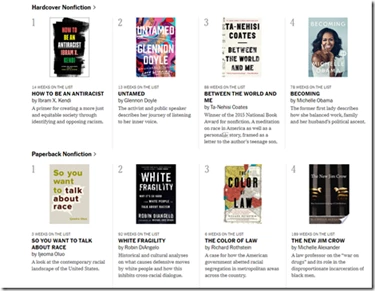 The killings of George Floyd, Breonna Taylor, Ahmaud Arbery and countless others are rooted in these social ills and reflect profound failings on the part of institutions that are supposed to protect and keep us all safe. These tragedies are linked to a legacy of racialized violence in the United States that continues to plague Black people and Black communities.
The killings of George Floyd, Breonna Taylor, Ahmaud Arbery and countless others are rooted in these social ills and reflect profound failings on the part of institutions that are supposed to protect and keep us all safe. These tragedies are linked to a legacy of racialized violence in the United States that continues to plague Black people and Black communities.
As social workers committed to social justice and the dignity and worth of all of humanity, we recognize the pain, suffering, and outrage resulting from a long history of racism, oppression, and discrimination in this country. Social workers and other professionals across the nation are needed to address the inadequacies of our social systems in combating racism…As social workers, our professional ethical mandate includes being actively opposed to racism in all its forms-individual, interpersonal, institutional, and structural.
That's from recent statement from the NASW National Committee on Race, Ethnicity, and Diversity. It's echoes what you've already read in the NASW Code of Ethics (see 6.04 Social and Political Action). Social workers are expected not to be impartial observers of societal ills, but to be active participants in remedying those ills.
Every social worker has a different approach to putting these principles to work. If you're unsure how to get rolling, ask another social worker (or write us!).
This isn't new material for social work students and professionals. What is new is how widely it's all being discussed and called out. Just look at the current New York Times bestseller lists. Just look at the ongoing and growing protests all over the country and the globe. Change is coming. Social workers can and should help it along.
Will this be on the test? This is the test!

 The killings of George Floyd, Breonna Taylor, Ahmaud Arbery and countless others are rooted in these social ills and reflect profound failings on the part of institutions that are supposed to protect and keep us all safe. These tragedies are linked to a legacy of racialized violence in the United States that continues to plague Black people and Black communities.
The killings of George Floyd, Breonna Taylor, Ahmaud Arbery and countless others are rooted in these social ills and reflect profound failings on the part of institutions that are supposed to protect and keep us all safe. These tragedies are linked to a legacy of racialized violence in the United States that continues to plague Black people and Black communities.